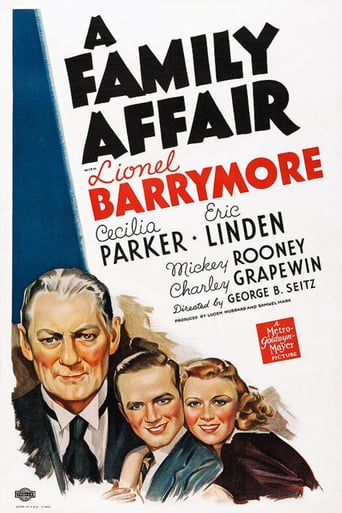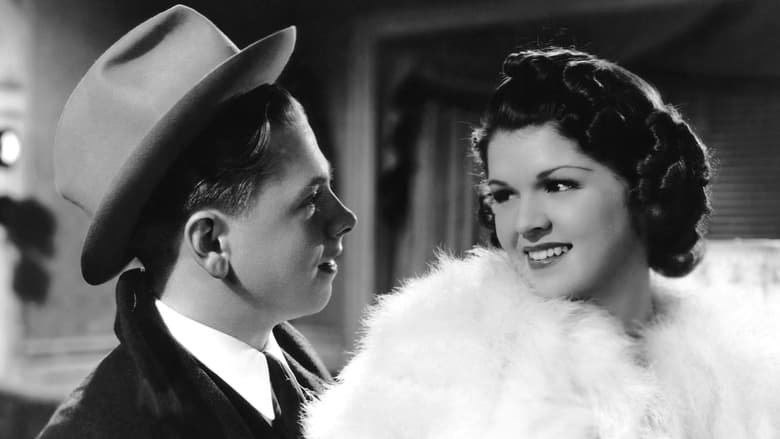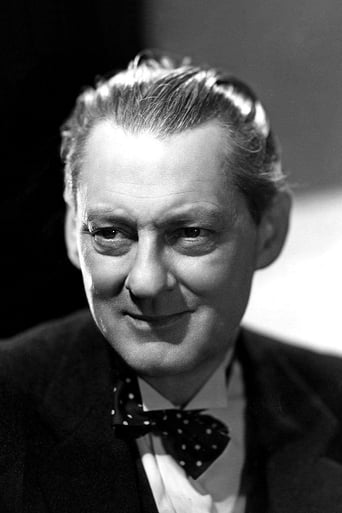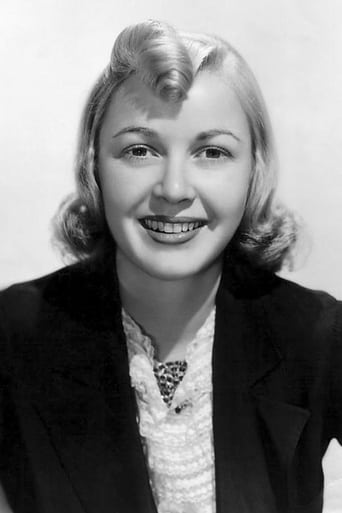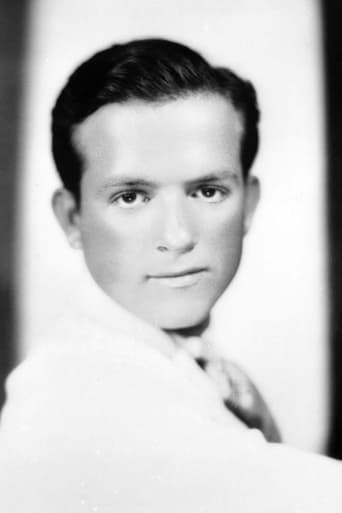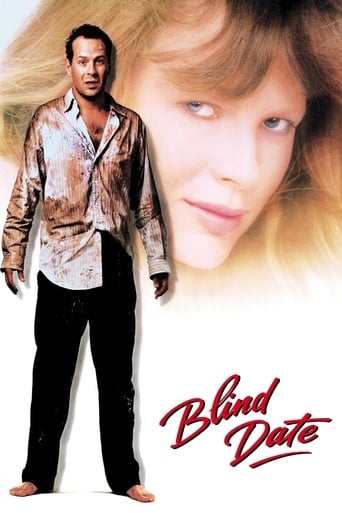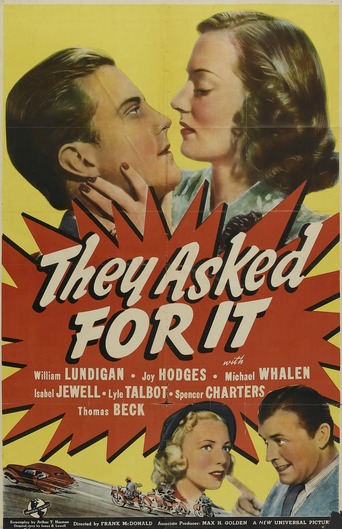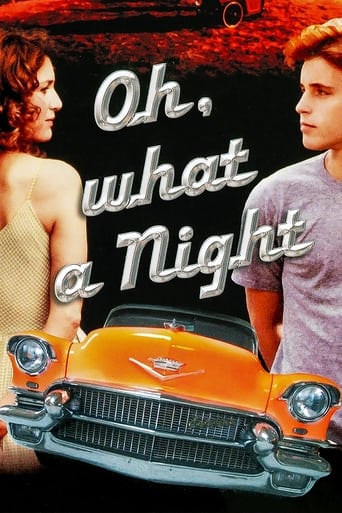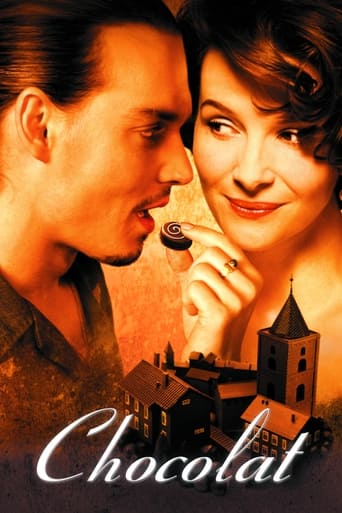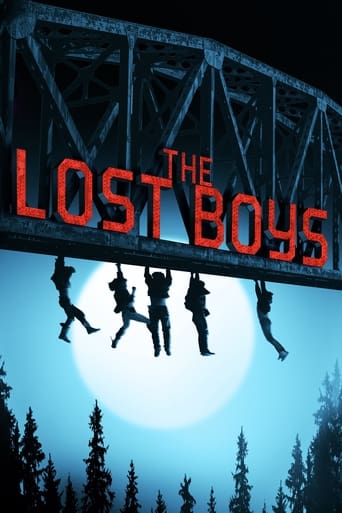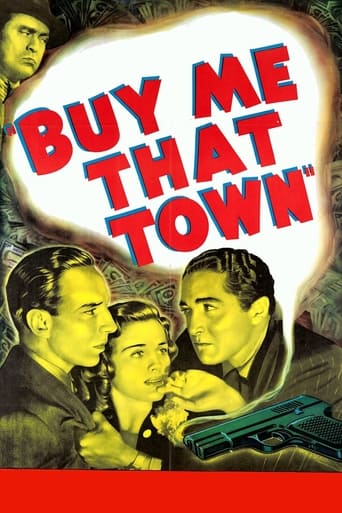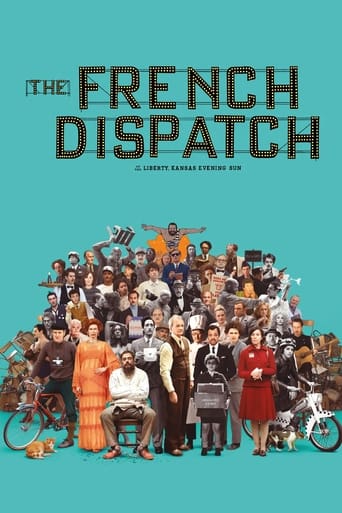A Family Affair (1937)
Judge Hardy faces problems at work and at home. Powerful men in town are upset with his decisions and want to see him impeached; his daughters, Joan and Marion, have romantic problems; and his son, Andy discovers Polly Benedict. As usual, Judge Hardy is concerned with everyone in the family and lends wisdom and calmness to all.
Watch Trailer
Free Trial Channels
Cast


Similar titles
Reviews
Who payed the critics
This movie is the proof that the world is becoming a sick and dumb place
The film creates a perfect balance between action and depth of basic needs, in the midst of an infertile atmosphere.
It's a movie as timely as it is provocative and amazingly, for much of its running time, it is weirdly funny.
Directed by George B. Seitz, this average comedy drama was the first in the Andy Hardy series, and the only one to feature Lionel Barrymore as Judge Hardy before Lewis Stone would take over the role for a dozen or more movies made in the late 1930's through the middle of the next decade.Director Seitz, and actors: Mickey Rooney as Andy, Cecilia Parker as Marion Hardy, Fay Holden (taking over for this film's Spring Byington) as Mrs. Hardy, Ann Rutherford (replacing Margaret Marquis) as Polly Benedict (Andy's girlfriend), and Sara Haden as Aunt Milly, continued the series which began with You're Only Young Once (1937).The characters come from Aurania Rouverol's play Skidding. This film's focus is the judge, in lieu of Andy (whose name is usually in the title), who is struggling to be reelected against popular opinion because of his stance on a civic improvement issue. Julie Haydon plays Andy's older married (to Allen Vincent's character, Bill Martin) sister Joan, whose character doesn't continue in the series. Neither Bainter nor Haden is given much to do in this one.The town of Carvel, population 25,000, is about to get a coup, an aqueduct that promises to bring jobs and money to their small community. City leader Frank Redmond (Charley Grapewin) and the project's executive Hoyt Wells (Selmer Jackson) are upset that Judge Hardy has filed a restraining order against its construction because of a complaint by the town's newspaper owner J. Carroll Nichols (Robert Emmett Keane, uncredited). The judge protests that he's only following the law, but his campaign manager Oscar Stubbins (Harlan Briggs) warns him that, with the upcoming election, now is not a good time to go against the will of the people.But that's just the beginning of the judge's concerns: his eldest daughter Joan has separated from her husband and his other daughter Marion has returned home from college with a beau, Wayne Trent (Eric Linden), who's an engineer that's come to find work on the aqueduct project. Meanwhile, Andy is upset that his mother is "forcing" him to take a girl he hasn't seen from his childhood to a party, only to be pleasantly surprised that Polly has grown up quite nicely. Eventually, each of his daughters becomes part of the judge's conflict regarding the aqueduct project: Marion, who is angry with her father because Wayne can't get a job, and Joan, because Redmond and Wells threaten to expose an incident which, on the surface, looks like she had an affair, in order to besmirch his character before the vote. Andy tries to calm them by reading his sisters their father's oath of office.Through some sort of magic, a conversation we the audience aren't privy to, the judge gets Joan's husband Bill to stand up for her at the nominating convention, and then he reveals a secret clause in Wells's contract which would make Carvel beholden to other communities down river if the aqueduct project begins as planned. So, the judge saves the day and is unanimously reelected while all is well on the family front too.
Just watched this, the first film in the Hardy Family series. Lionel Barrymore, who I'll always first think of as Mr. Potter in It's a Wonderful Life-my favorite movie, is the Judge Hardy character who's in it with threats of no renomination because of something he's against resulting in his offspring not liking him as well. Mickay Rooney is here as Andy Hardy. He was 16 at the time. Spring Byington is the mother. Both she and Barrymore would reunite for You Can't Take It With You a year later. Nice mix of drama and comedy throughout. Mickey is especially funny but there's also a turn by screen drunk Arthur Housman who I usually associate with Laurel & Hardy. So on that note, I highly recommend A Family Affair.
This is the first of the Hardy Family series of movies. The formula for that series is well known and a part of film lore. This film helps establish some of the values that made America fall in love with The Hardy's, but there are differences in this film that set it apart.The actors who portray the Hardy's are not all the same. Mickey Rooney, who later became the focus of the family by dint of his energetic and lovable performances, is here. But Judge Hardy and his wife are played by Lionel Barrymore and Spring Byington. It would be easy to prefer the actors who carried on these roles in the later episodes, but Barrymore plays the judge with an energy that is suited for this story (see the scene where he physically throws a man out of his chambers) and Byington, in a subordinate role, really displays the love of a mother and wife (note her reaction when her eldest daughter reveals the path her marriage has taken).It is true that the Andy Hardy movies are anchored in the values that middle America sees as sacrosanct: good citizenship, democracy, the primacy of the family, a religious outlook. This film establishes those values, but if one looks closer, it is easy to see (in this film) how flimsy those values may be. In even a more dramatic way than Inge's Picnic demonstrates, A Family Affair reveals how shallow people and society may be.Good citizenship may be an established basis for societies and their governments, but the political process is depicted in this film as run by a corrupt political machine designed to profit ruthless men who care only about their own wealth. Judge Hardy is an exception--an educated man who is willing to suffer scorn in the name of duty and the concept of justice.Religious values may be advertised as charitable and forgiving, but this film shows that the measure of a town's morals is not how many churches dot the landscape or how many Bible verses are read. In a small town where a man's reputation is his measure and agreements are made on the basis of handshakes, we see that many delight in ruining reputations and that the mob mentality prevails when times get tough.Democracy might be touted as the cornerstone of American governmental process, but the rule of the majority is nothing more than mob rule. Government's true rule is to protect the rights of those in the minority also.In the end, it is strength of the Hardy family unit--personified by Judge Hardy--that pulls the family through the crises of its individuals and its external stresses. When Judge Hardy strides into the convention and Andy yells "Give it to them with both barrels, Dad," he has no inkling what his father intends. He displays a fundamental faith in his father and the principles he stands for. His father beams in response, because it is that trust he most cherishes, knowing it binds the family and protects them against any threats.The primacy of the family is a theme that runs through all of the Hardy Family films and it is one of the reasons this series was so popular. A Family Affair is well worth seeing, both because it is the first in a series and because it stands apart from the others. There is even a great chase scene. Such action was not used in the later Hardy Family films, which focused entirely on personal interactions.
Family Affair, A (1937) ** 1/2 (out of 4)The first film in the Andy Hardy series is actually a lot more different in tone, subject matter as well as cast members than the later films. Here we have Lionel Barrymore playing Judge Hardy who must fight off some higher ranked members of the city who want to blackmail him into approving a plant coming to town. They plan on using a scandal involving his daughter (Julie Haydon) while his other daughter (Cecilia Parker) strikes up a relationship with a new man. It's nearly impossible to watch this film without comparing it to future entries. Not only does Barrymore get the main role but we have Spring Byington playing Emily Hardy and of course in future films we only have one daughter. I think Barrymore is pretty good in the role, although I will add that I prefer Lewis Stone. I think Stone did a better job at making a character as Barrymore is pretty much just playing his usual, tough self here. I was a little surprised at the subject matter as we get a lot of talk about scandal and even a brief mention of suicide. What's really surprising, and in a way kills the film, is that the small town flavor just doesn't ring through because the city is full of some mean people who will scoop pretty low in terms of blackmail and various other ugly things. This ugly nature pretty much kills what the series was trying to be like and in many ways I think it's safe to call this a standalone film and pretend that the real Andy Hardy series started with the next entry. As I said, Barrymore isn't too bad but the rest of the cast are clearly trying to find what they want to do with the characters. I wasn't overly thrilled with Haydon who is a bit too wooden for me. Mickey Rooney makes his first appearance here as Andy but really doesn't have much to do. Sara Haden is also here as Aunt Milly but she too is pretty much in the background. This certainly isn't a bad film but in the end it's not that all memorable and in the end I think the series was much better off with the changes it would eventually make.

